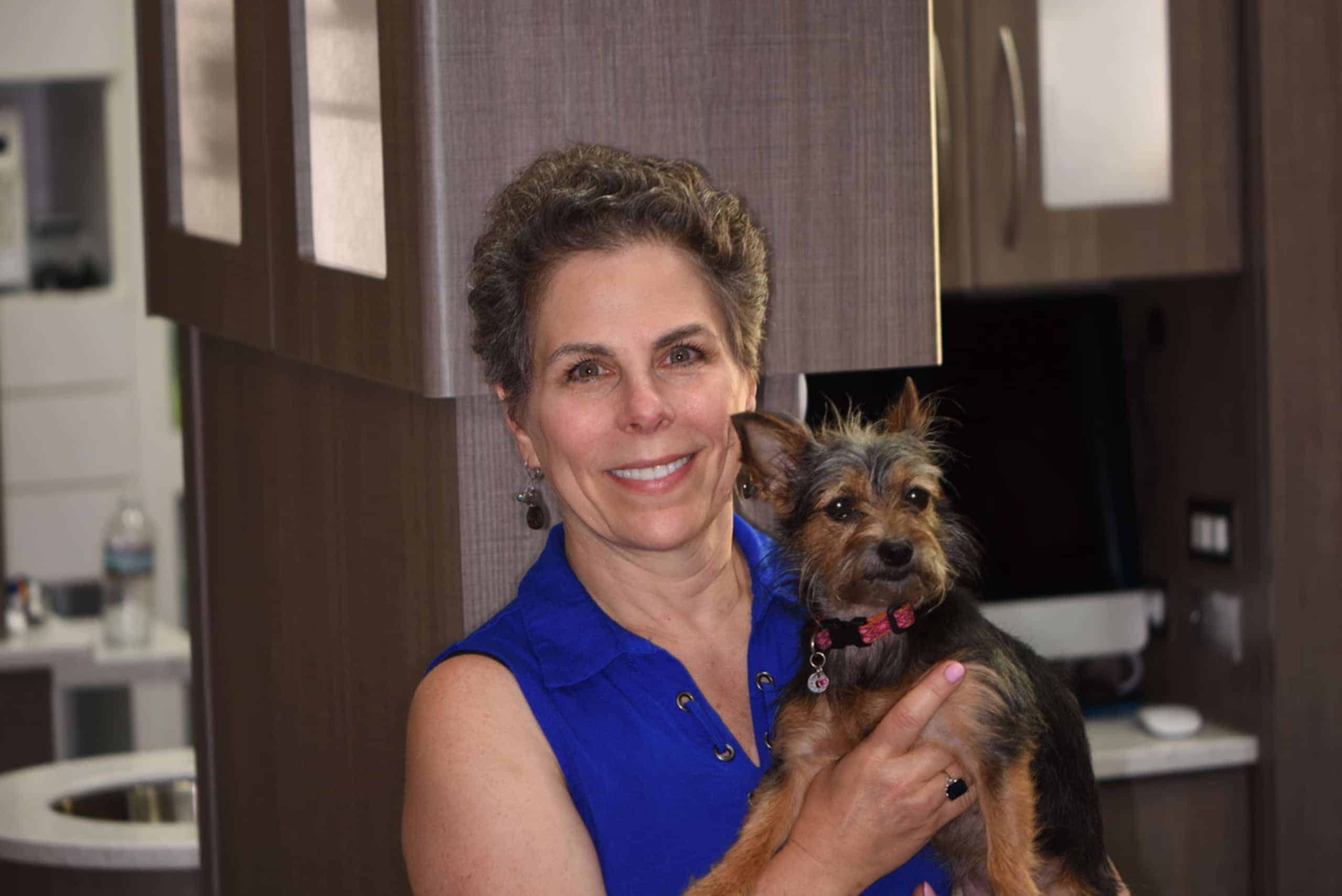Alzheimer’s disease is a progressive condition that goes beyond affecting memory and cognition. It can also lead to significant challenges in maintaining oral health. As Alzheimer’s advances, individuals may struggle with daily tasks like brushing and flossing, which can result in a variety of dental issues. Understanding these challenges is crucial for caregivers who want to help their loved ones maintain good oral hygiene.
The Connection Between Alzheimer’s and Oral Health
Alzheimer’s disease can contribute to various oral health problems, including:
- Challenges with Daily Oral Care
Individuals with Alzheimer’s may forget to brush or floss their teeth regularly, which can lead to plaque accumulation and the development of gum disease and cavities.
- Medication-Induced Dry Mouth
Many Alzheimer’s medications can cause dry mouth, which reduces saliva flow and increases the risk of tooth decay and gum disease.
- Dietary Changes
Alzheimer’s patients might develop a preference for easy-to-eat foods, often soft and sweet, which can contribute to dental problems.
- Reduced Pain Awareness
People with Alzheimer’s might not recognize or express discomfort from dental issues, allowing problems to go untreated until they become severe.
Common Dental Issues in Alzheimer’s Patients
Caregivers should be aware of the following dental issues that are common in those with Alzheimer’s:
- Gum Disease
Without consistent oral hygiene, plaque buildup can lead to gum inflammation, known as gingivitis. If not treated, this can progress to more serious gum disease.
- Tooth Decay
Irregular brushing and a sugary diet can lead to cavities, which may go unnoticed until they cause significant damage.
- Problems with Dentures
Dentures that do not fit well can cause sore spots, irritation, and even infections if not addressed promptly.
- Oral Infections
Poor oral hygiene can lead to infections in the mouth, which can be particularly dangerous for those with weakened immune systems.
5 Tips for Maintaining Oral Health in Alzheimer’s Patients
Managing the oral health of someone with Alzheimer’s can be challenging, but with the right approach, it’s possible to keep their teeth and gums healthy. Here are some strategies:
- Create a Routine: Establish a consistent daily routine for brushing and flossing to make these activities more manageable for the individual.
- Use Simple Steps: Offer clear, step-by-step guidance when assisting with oral care, ensuring that each task is easy to understand.
- Consider Special Tools: Electric toothbrushes and floss holders can simplify oral care for those with Alzheimer’s, especially if manual dexterity is a concern.
- Monitor Eating Habits: Encourage a diet that is low in sugar and includes foods that promote oral health, like crunchy vegetables, fruits, and dairy products.
- Schedule Regular Dental Visits: Regular check-ups with our dental office in Doylestown catch and treat dental issues early.
How a Dentist Can Assist
A dentist can be an essential part of the care team for someone with Alzheimer’s. Here’s how we can help:
- Provide Routine Cleanings
Regular professional cleanings can prevent the buildup of plaque and tartar, reducing the risk of cavities and gum disease.
- Perform Dental Check-Ups
Routine check-ups allow for early detection and treatment of dental issues, preventing them from becoming more serious.
- Offer Guidance for Caregivers
Our dental team can offer valuable advice to caregivers on how to assist with daily oral care and what signs of dental problems to watch for.
Maintaining oral health in someone with Alzheimer’s requires ongoing attention and care.
Our dental practice is dedicated to providing compassionate care tailored to the needs of Alzheimer’s patients. If you’re searching for a dentist in Doylestown, we invite you to contact us today.

